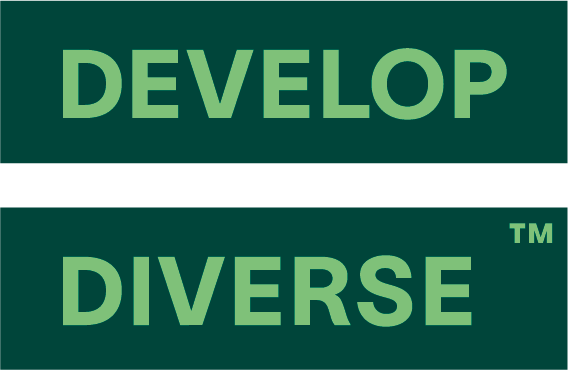Cultural inclusion or inclusiveness refers to the process of addressing and supporting individuals from diverse cultures, valuing their unique perspectives and contributions to the workplace.
What is cultural inclusion?
Cultural inclusion (or cultural inclusiveness) is the recognition of people’s cultural diversity, as well as the distinct contributions that individuals from diverse cultures can bring to the table. Its main focus is to improve employee engagement and retention through inclusivity programs that combat racism, sexism, ageism and homophobia. The goal is to increase innovation and productivity in the workplace, which in turn can result in increased profitability.
Why cultural inclusion is important
Globalization has brought new characteristics of cultural diversity to the workplace. A culturally diverse workplace allows individuals to express their ideas and develop their talent. Understanding and being sensitive to a wide range of cultural identities is an essential part of a company’s global communication strategy.
According to a Business Review study published in 2018, organizations with above-average diversity scores earned 19 percent higher innovation revenues than companies with below-average scores. An inclusive work culture is respectful of all employees, regardless of their origins.
Organizations with inclusive work cultures support these differences in perspectives and experiences, building high-performing teams who are invested in the overall success of the organization.
The benefits of cultural inclusion
Organizations with diverse and inclusive cultures can see major benefits in a number of areas:
- Collaboration and engagement: A sense of belonging is one of the most important reasons for employee engagement in the workplace. When people feel invested, they are more open to collaboration. This can only be achieved in an inclusive environment that promotes diversity.
- Innovation and creativity: Different perspectives and experiences tend to spur innovation and make teams come up with creative solutions. This can lead to higher innovation revenues. It also creates unique opportunities for collaboration.
- Recruitment and retention: Removing discriminatory practices from the recruitment process gives companies access to a wider pool of qualified candidates. However, it is not enough to hire people from diverse backgrounds. Employees need to feel safe and valued, which requires inclusive policies that support multiculturalism and diversity.
- Profitability: Organizations with an inclusive work culture often see a positive impact on their bottom line. One important factor behind this is that a diverse workplace tends to attract a larger pool of top candidates, which results in teams with highly skilled members who contribute actively to the organization’s intellectual capital. It also boosts the problem-solving process, increasing productivity and revenue.
Building a more inclusive workplace
Inclusion is an essential principle for any business looking to cultivate a healthy and dynamic workplace. It is a difficult task that requires clear communication, respect and understanding. A culturally inclusive workplace welcomes different approaches and experiences, regardless of race, ethnicity, age, gender or physical condition.
Here are some steps for creating a more inclusive workplace culture:
- Identify biases: Most biases are unconscious and so learning how to recognize them in order to resolve them is key. This includes providing inclusivity and diversity training for employees, organizing special activities that address biases and stereotypes, and cultivating an open dialogue.
- Inclusive recruitment strategies: Taking a closer look at what recruitment strategies are being implemented within the organization is an important step towards hiring with diversity in mind. This involves modifying existing practices to ensure fair and unbiased hiring processes, making efforts to reach a more diverse talent pool and using inclusive language in job descriptions.
- Providing safe spaces for employees: The safety and sense of belonging of all employees is critical within an inclusive workplace. This includes offering unisex bathrooms that don’t exclude transgender and gender-nonconforming employees, creating support groups and open forums where employees can share their experiences, and establishing safe channels where individuals can deliver their feedback on delicate issues that affect them directly.
Being respectful of employees’ religious and cultural holidays: Within a diverse workforce there are diverse cultural and religious practices to be mindful of. Make sure there is a private space for employees of any religion to pray. This is also an opportunity to educate employees and lessen the stigma around religious practices in the workplace.
